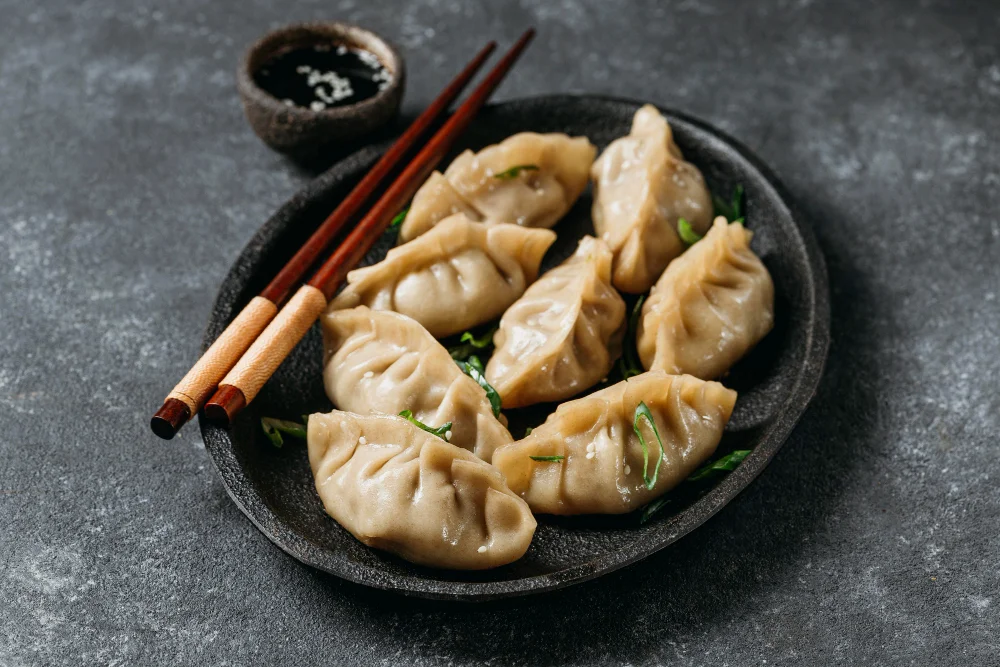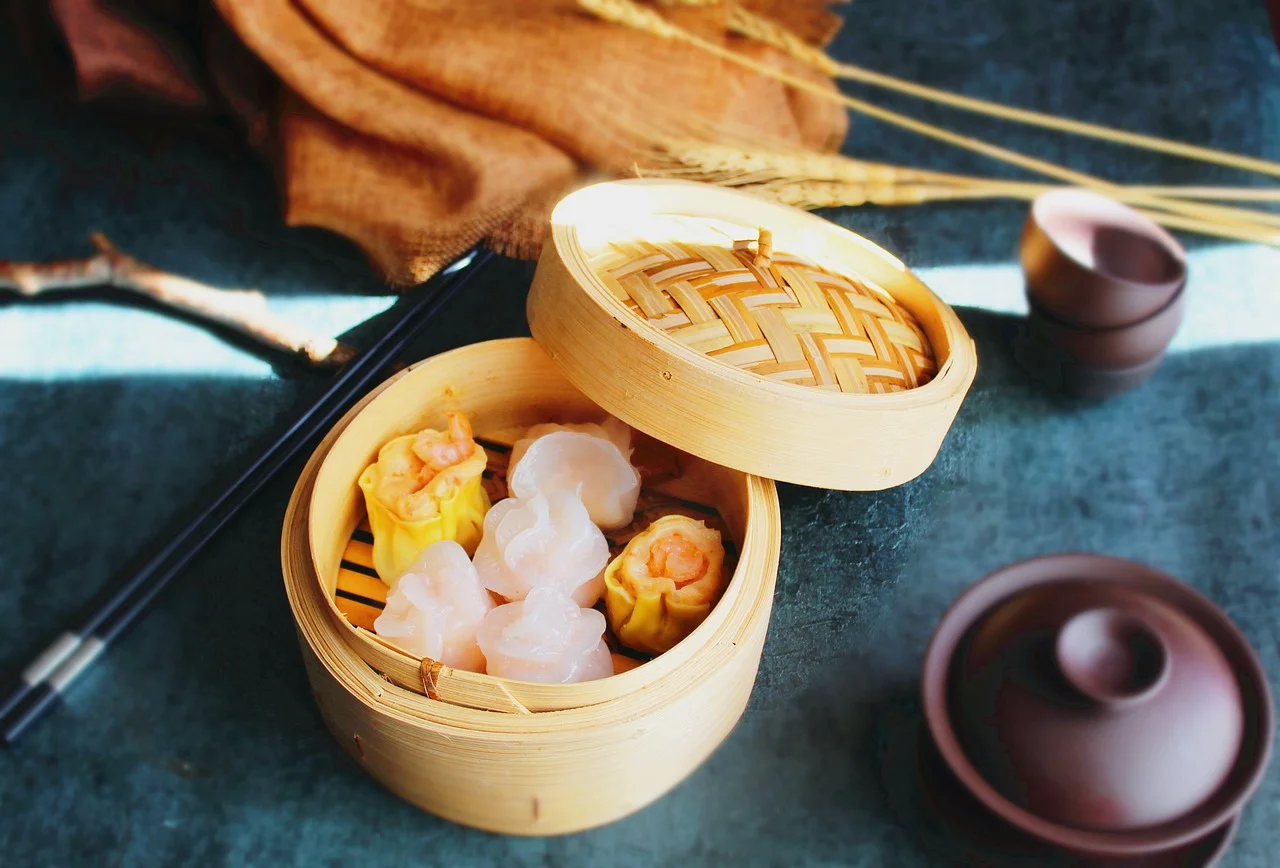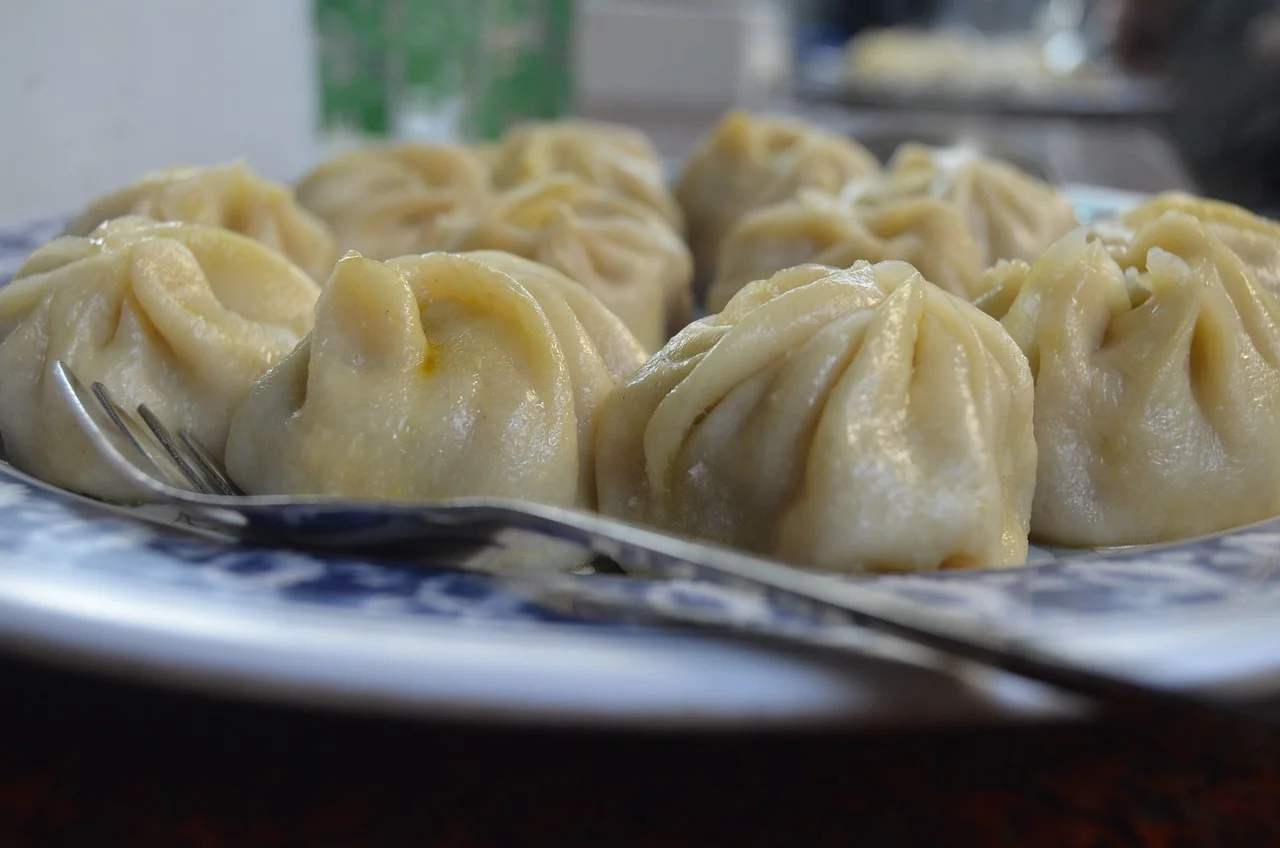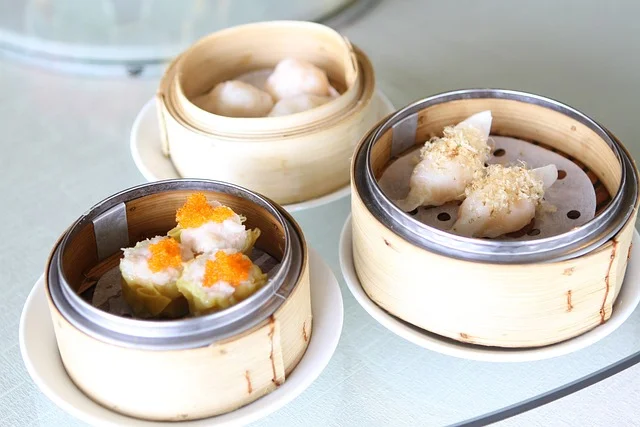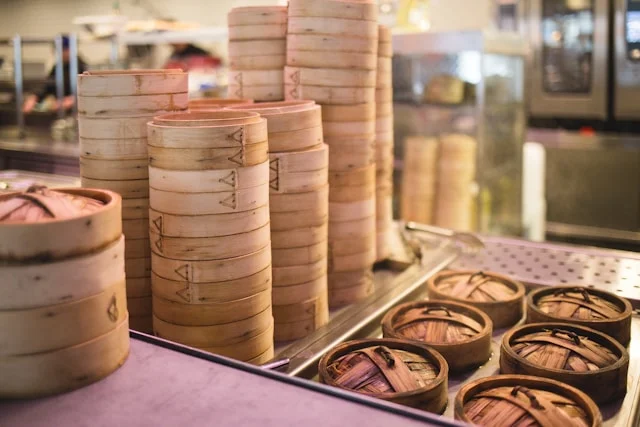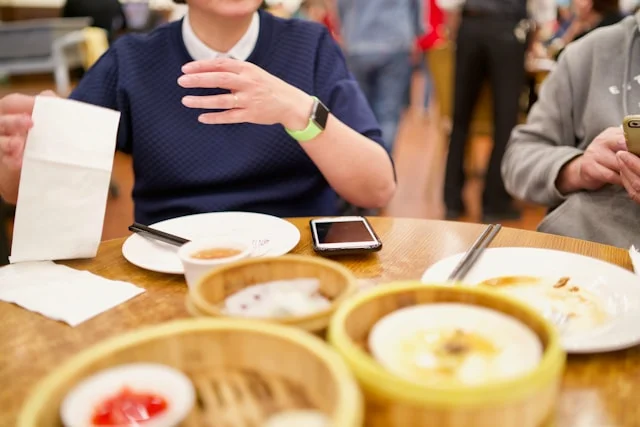Dim Sum: A Culinary Journey Through Chinese Cuisine
Embark on a tantalizing culinary adventure as we explore the
delightful world of dim sum. Originating from the Cantonese region of China, dim sum is a
cherished tradition that brings people together to savor an array of small, flavorful
dishes. Let's delve into the rich history, diverse flavors, and cultural significance of dim
sum.
A Brief History of Dim Sum
Dim sum traces its roots back to the tea houses of ancient China,
where travelers would stop to rest and enjoy small snacks with their tea. Over time, these
snacks evolved into the elaborate dim sum feasts that we know today. The tradition of dim
sum has spread beyond China and is now enjoyed in countries around the world, each with its
own unique variations and interpretations.
The Art of Dim Sum Making
Central to the dim sum experience is the art of dumpling making. Dim sum chefs, known as
"dim sum masters," meticulously craft each dumpling by hand, using traditional techniques
passed down through generations. From delicate steamed dumplings filled with savory meats or
vegetables to crispy fried wontons and flaky baked pastries, every dim sum dish is a work of
culinary art.
A Feast for the Senses
Dim sum is more than just a meal it's a sensory experience that delights the palate and
nourishes the soul. As diners gather around tables adorned with bamboo steamers and teapots,
they are greeted by an array of tantalizing aromas and vibrant colors. Each bite-sized
morsel bursts with flavor, offering a tantalizing combination of textures and tastes that
leave diners craving more.
The Diversity of Dim Sum
One of the most enchanting aspects of dim sum is its diversity. From steamed buns and
dumplings to rice noodle rolls and crispy spring rolls, there is something for everyone to
enjoy. Vegetarians can delight in dishes like vegetable dumplings and tofu skin rolls, while
meat lovers can indulge in classics like barbecue pork buns and shrimp dumplings. With such
a wide variety of options, dim sum offers endless opportunities for exploration and
discovery.
Cultural Significance
Dim sum holds a special place in Chinese culture as a symbol of togetherness and
hospitality. Families and friends gather to share dim sum feasts during special occasions
like Lunar New Year, birthdays, and weddings, creating cherished memories and strengthening
bonds. The act of sharing dim sum is seen as a gesture of generosity and goodwill,
reflecting the values of harmony and community.
Conclusion: A Culinary Delight
In conclusion, dim sum is more than just a meal it's a celebration of Chinese culinary
heritage and tradition. Whether enjoyed in a bustling dim sum restaurant or homemade with
love in the kitchen, dim sum brings people together to share in the joy of good food and
good company. So, the next time you crave a culinary adventure, gather your loved ones and
treat yourselves to the delightful flavors of dim sum.
